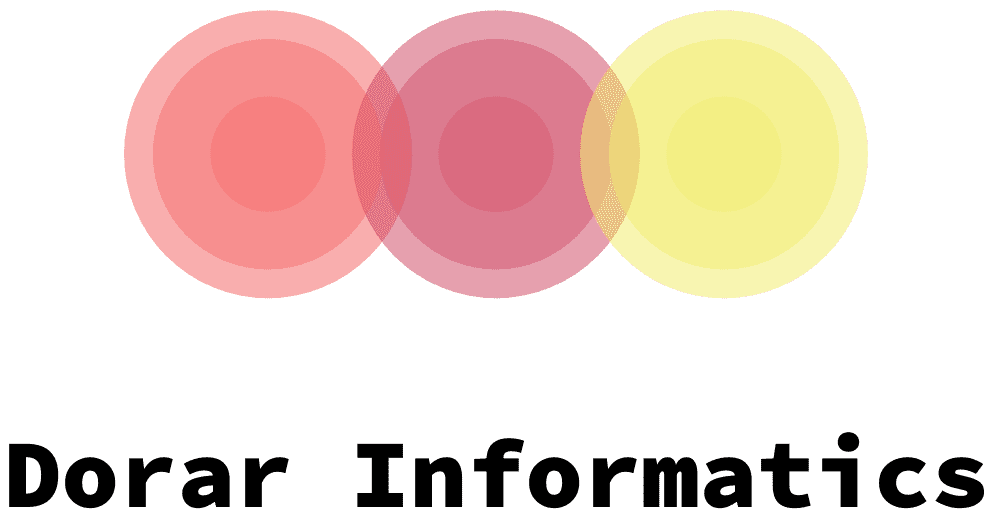Getting a mortgage is an important part of buying a home. But, before you apply for a mortgage, there are several things you should know.
Down payment affects interest rate
Generally speaking, a larger down payment will reduce the overall cost of borrowing. This will be reflected in a lower monthly payment. In addition, a larger down payment will reduce the risk to the lender. Specifically, a larger down payment is a big plus if you are borrowing for a purchase.
Using a mortgage calculator will give you a better idea of exactly how much you can afford to borrow. You will also know how much you will pay in interest over the life of your loan. This information will allow you to make an informed decision about your loan.
While you’re in the process of determining how much you can borrow, you should also consider how much you can afford to spend on other expenses such as utilities, insurance, and maintenance. This will help you determine whether your budget allows you to take on a mortgage and still maintain a healthy lifestyle.
If you can’t afford a 20% down payment, you may want to consider a no down payment loan. These types of loans come with fewer restrictions, such as being required to use a mortgage insurance policy. While this type of loan is not as common as it once was, they can be a good choice for first-time homebuyers.
A larger down payment is also a good way to save on the cost of insurance. You will also have more equity in your home, which will allow you to refinance or sell your home if you decide to move on.
While the down payment is a good indication of your financial savviness, the mortgage calculator is a better bet when it comes to determining how much you can afford to borrow.
Lender fees
Getting a home loan can be a difficult process. There are many fees to consider. These can include lender fees, underwriting fees, appraisal fees, mortgage points and closing costs. If you have questions about your fees, be sure to ask your lender.
Lender fees vary from lender to lender. Some lenders do not charge origination fees, but other lenders may charge a high amount. Lenders can also charge application and processing fees. Ally Bank, for example, charges no application or processing fees.
If your home is in a flood zone, you will be required to get flood insurance. Lenders cannot allow you to buy a home in a flood zone without insurance. They will also require you to get an appraisal before closing. An appraisal helps lenders calculate your loan-to-value ratio. It can cost up to $1,000 to get an appraisal on a high-value home.
Appraisals vary widely depending on the size of your home and location. You should always get an appraisal done by an independent third-party. This will help ensure that your loan does not exceed the market value of your home.
Credit report fees can range from $15 to $30. Some lenders do not charge these fees because they receive a discount from the reporting agencies. If you are worried about the cost, it may be worth shopping around.
You will also need to pay for a home inspection. This is to make sure that no one else has a claim to your home. You should also get a pest inspection, also known as a wood-destroying organism report.
You will also need to pay for property taxes. Some lenders require that you pay for two months of property taxes before closing.
Closing costs
During the mortgage application process, you will be asked to pay closing costs. These fees are essentially for different services you’ll receive during the loan process. The cost can vary depending on the lender you’re using.
You should receive a closing disclosure form that lists all your closing costs. This includes the costs that are already included in the loan, the costs that are rolled into your mortgage, and the costs that you can negotiate.
There are three main types of closing costs: lender fees, prepaid items, and third-party fees. These fees are not included in your mortgage but are an important part of the real estate transaction.
One of the best ways to save money on closing costs is to shop around for the best rates. You should compare the fees that different lenders are charging and look for offers from as many lenders as possible.
In addition, many lenders offer points, which are a small percentage of your loan amount, that can be paid to reduce your interest rate. This can be particularly useful if you have cash to spare.
There are also some costs you can avoid by negotiating with your seller. These include taxes, title insurance, and homeowners insurance. Depending on where you live, these costs can vary.
You might also be asked to pay an upfront insurance premium on a government-backed mortgage. This premium covers the cost for the federal government to insure your loan. Some lenders will roll this cost into your loan, but others may not.
Other fees to consider include application fees, appraisal fees, and credit report costs. You should also be sure to inquire about any new fees that you’re being charged. If you’re not sure what you’re paying for, you should check with your real estate agent.
Homeowners’ insurance premiums
Several factors can affect the cost of your homeowners’ insurance. It’s important to understand them so you can make informed decisions. It can also help you identify cost-saving opportunities.
Premiums vary from state to state. Each state has different property values and insurance laws. The age of your home and the location of your home also affects premiums.
Your credit score also plays a role in your premium. You can increase your score by paying your bills on time, avoiding collections and having a good credit history.
Another factor that affects your premium is the cost of rebuilding your home. This is a function of the location of your home, its age and the cost of materials. You can also lower your premium by adding safety features.
If your home is located in an area where wildfires are common, you will pay more for insurance. The insurance company also considers crime statistics.
Homeowners’ insurance premiums can vary widely by state, so it’s important to contact your insurance agent to learn more about your options. Some insurers offer discounts if you pay your premium in full each year. Other insurers offer discounts for using electronic funds transfers or making payments directly to the insurer.
Insurance companies also consider your ZIP code and the number of claims filed in your area. You can lower your premium by choosing a lower protection class. This means there will be more insurers offering coverage. You can also lower your premium by lowering your coverage limits.
If you’re paying homeowners’ insurance premiums because of a mortgage, it’s important to keep them up-to-date. This will ensure that you have the coverage you need if you ever need to make a claim.
Avoid applying for new credit before applying for a mortgage
Having a high credit score does not a guarantee you will qualify for a mortgage, although it is a harbinger of good luck. However, if you do qualify, your interest rate may be bumped up by a few points if your FICO score is below 700. Fortunately, there are some credit boosting tips that can help you improve your score and your monthly payment.
The best way to improve your credit score is to pay off your credit cards as soon as possible and then start shopping around for a mortgage. In addition, make sure to get your free copy of your credit report every year. This will allow you to spot suspicious activity and catch identity theft before it causes you harm.
It is also a good idea to read up on the various mortgage products available in your area. If you are a first time homebuyer, you may want to talk to a mortgage loan officer about how to get approved for a home loan. There are several options to choose from, including fixed rate and adjustable rate mortgages. Before you sign on the dotted line, make sure to understand all the fees and charges associated with your new loan.
Finally, if you have a new credit card, make sure you pay off the balance. This is a smart move and will pay off handsomely in the long run. The same is true for any new line of credit. Keeping your credit utilization low will also improve your score.
The best way to maximize your FICO score is to pay your bills on time and in full. You can learn more about how to do this from a mortgage broker or your banker.

